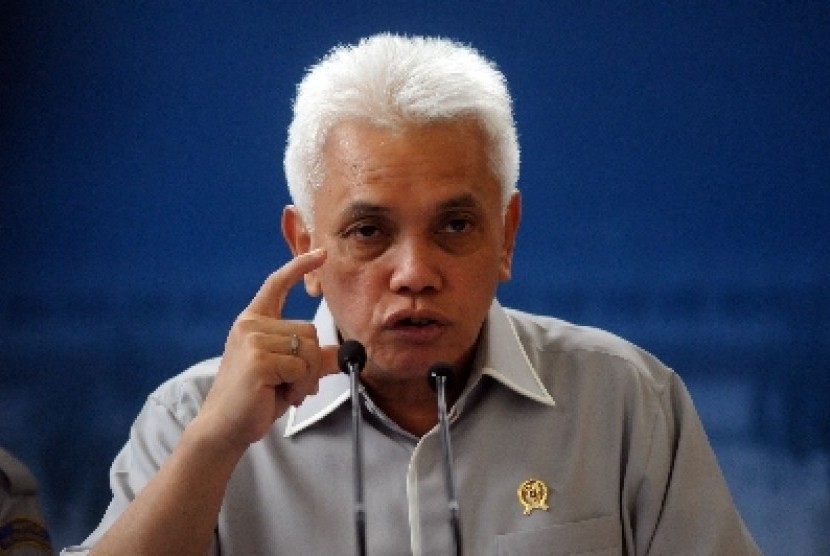REPUBLIKA.CO.ID, JAKARTA -- Chief Economic Minister Hatta Rajasa said raw material exports would discourage young people from becoming engineers.
"If all natural resources are exported in the form of raw materials, young people will prefer to study politics and avoid subjects in the engineering field," the coordinating minister for economic affairs said here on Tuesday.
He noted that raw material exports absorb large number of laborers. Bauxite exports, for example, reach 40 tons per year.
"If we only export raw materials, we will only need a lot of workers in the mining field, transportation and barges," he said.
It would be different if the raw materials are processed into finished goods, which will need a large number of engineers, Rajasa he added.
Currently, Indonesia exports raw bauxite to China. After it is processed in China, Indonesia imports it again (by Inalum) to be produced as finished goods.
He said that raw material exports meant that Indonesia did not appreciate the natural bounty given by God.
The government said it is set to implement the law banning exports of mineral ores starting January next year, though it is aware of the negative impact on broader national interests and indicated a compromise could be found in the implementation of the law.
Law No. 4 of 2009 requires mining companies to process their mineral ores in the country before being exported.
Under the law, mining companies have to build their own smelters or have their mineral ores processed in a refining facility owned by another company.
"Nine factions at the House of Representatives have asked the government to implement the law. We stick to that. The government will implement the law," Energy and Mineral resource Minister Jero Wacik said.
Wacik noted that it is difficult for the government to issue a regulation, in lieu of the law, to avoid the negative impact of the law.
Rajasa said the government would implement the law as scheduled.
The government will issue regulations to enforce the law, Rajasa said, adding that regulations are being discussed between government agencies.
Wacik said a number of mining companies are asking for exceptions from having to comply with law for a number of reasons, citing negative impacts of the law's implementation.
"We are studying what we can do. We will continue to go ahead with the law, but we have to consider broader national interests," Wacik said.
Wacik added that strict implementation of the law may result in mass lay-offs if a company is sanctioned for failing to comply.
"This needs to be seriously addressed . How we should carry out a policy to protect other important interests without breaking the law. Something has to be sacrificed," he said.
He said the government still has time to find a way to cope with the negative impact of the law.
A number of major mining companies, such as PT Freeport Indonesia and PT Newmont Nusa Tenggara, both local units of US mining giants which operate large copper mines in the country, have asked the government to give them a number of more years to comply with the regulation.
The two companies, however, were given extra time after the law was announced in 2009, but they have not made attempts to build smelters or refining facilities for their copper concentrate.
An official of copper mining company PTNNT said it is not feasible for a copper mining company like PTNNT to build a smelter, as the facility would need larger supplies of copper concentrate.


